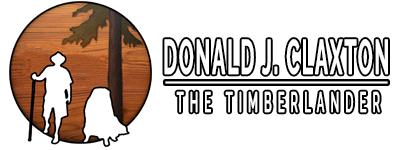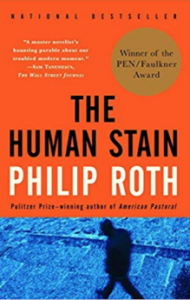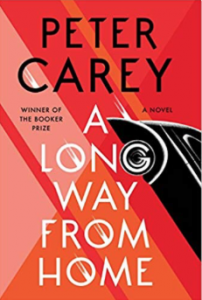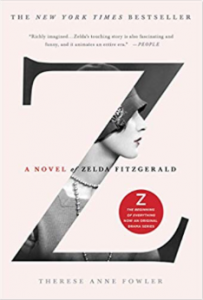My Year of Rest and Relaxation by Ottessa Moshfegh–Book Review
Ottessa Moshfegh’s My Year of Rest and Relaxation
I read Ottessa Moshfegh’s My Year of Rest and Relaxation in a 24-hour period though the story encompasses a year’s time. This is the second book of Moshfegh’s I’ve read–Eileen was the first.
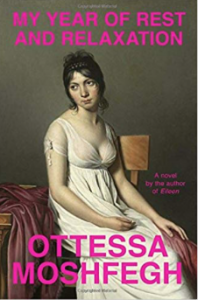
Ottessa Moshfegh’s My Year of Rest and Relaxation is a good read.
Recently I read in a comment somewhere that “Women who consume lots of alcohol and take lots of pills should be considered a new genre.” This book would certainly fit into that category. It certainly seems to be a more common theme these days. (I am presently reading The Woman In The Window. It belongs in this new supposed genre, too.)
Moshfegh certainly writes some out-of-the-ordinary characters. I met her recently and I have to say, she’s one herself. The woman is keenly intelligent and it shows in her writing.
I don’t know that I necessarily relate to her stories, Eileen was just dark and strange, and MYoRaR is just as strange. A neurotic woman not wanting to deal with reality so she decides to drug herself and sleep a year until her problems go away. The unnamed narrator despises her friend and really isn’t a nice person at all. But Ottessa’s writing is good; she makes me understand her characters and that is what good writing is all about.
Unlike some of the other books I’ve read of late, I didn’t hop out of them because Moshfegh did something mid-story to make me go, “Oh, come on!”
Ottessa Moshfegh
Ottessa Moshfegh is a good writer.
Some say she is a brilliant writer. I just don’t care for all the doom and gloom in her writing.
I know it exists in the world, but her pages are painted exclusively with it. There is a little ray of sunshine trying to poke out at the end of each of her books.
Each character knows they’re caught in shitty lives and shitty worlds and they’re dealing with the mire the best they know how. I get that, but the gloom is melancholy at best. And I guess that’s why people enjoy reading her books.
I’ve long held, and unfortunately been involved with some people who as I’ve said, “Can’t be happy unless they’re miserable.”
I need something a little more upbeat in my reading. I’ve endured hardships of my own and have gotten pretty down about things, but I don’t think I’ve ever let my circumstances get to me like these characters did in either of her two books. But that’s just me, and Ottessa’s been published. Twice, and I’m still trying to find an agent, so that shows what I know. Or does it?
